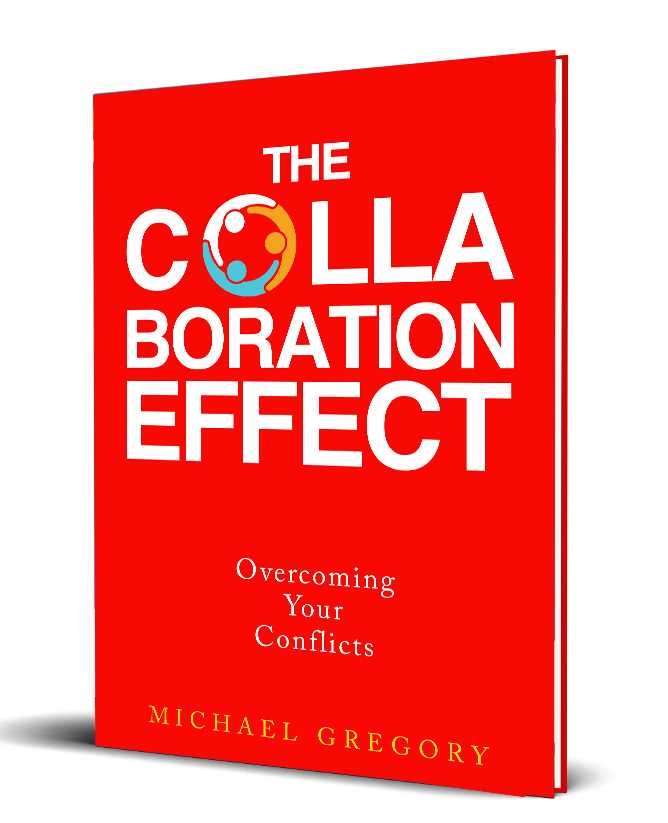
In order to build collaboration skills and teams you need the right tools in the right hands in order build collaboration. When people work collaboratively with one another being trained, with the right tools, they can apply their skill set with the rest of the team and are affirmed for their contribution to the team effort, you are far more likely to have a successful collaboration. Having researched this topic I am sharing with you key elements from a commentary by Workest entitled Building Collaboration Skills for Individuals and Teams. What follows is a summary of key points from their article with personal anecdotal commentary from experiences as a manager with over 30 years’ experience and with over 1,2000 employees. I am offering these insights that will hopefully help you.
Background
It is understood that when everyone is aligned and going in the same direction work is fun, something to look forward to each day, and everyone is on the same track. Employees have each other’s backs, understand the goals, how their work and role ties into the big picture, and the overall mission of the organization. It doesn’t just happen. It takes initiative, attention, trust, and appreciation. Employees become solution providers by thinking deeper and ensuring they stay focused on the big picture rather than simply being problems solvers to address what they are told to accomplish. The results are higher customer satisfaction, increased employee job satisfaction, and improved business results. So, what skills were found to be most important for employees to enhance collaboration?
What skills are needed for enhanced collaboration?
Although clearly teamwork is the key overall, the six most important skills were found to be:
- Purpose
- Communication
- Listening
- Autonomy
- Adaptability
- Structure
This is true whether with two employees, a team, or among working groups.
Purpose
Are you building widgets or providing a service? If you are, how do you see what you do? Here is a story about a grain operator that was shared with me that brings this home. They don’t process grain; they help feed the world. They provide feed to animals to allow more people to have protein in their diet which results in a higher living standard, and they help feed the world. What do you do?
What is your larger purpose?
Can you articulate why your organization exists and how you are making this world a better place. When you do, you help your team understand where they fit in and why their job is important. State your mention, why this important, and how you are positively impacting the world.
Communication
Is there an attitude in management to share what you can legally, ethically, and morally or is knowledge power and to be coveted? Is everyone encouraged to speak up and are their ideas honored? Being dismissive indicates you really don’t care. Listening actively as indicated below shows that you are listening.
Communication needs to be frequent and timely but not all consuming.
What do I need to do and when do I need to know it. Keep me informed but don’t overwhelm employees with emails and information. What will help them see the big picture and where they fit in? Charts, briefings, memorandums, one on one counselling? Provide them with crucial communication and not the trivial.
Having received the critique of too much information, I had to cut back off what I was sharing, prioritize with emails that were identified in the subject line as A) need to know now B) important but not critical now and C) nice to know. That helped me with my people. You have to ask and listen to learn.
Listening
If you follow this blog, you know that the most important chapter in The Collaboration Effect book is the chapter on Listening Actively. Listen first and allow for up to 10 minutes of listening time by asking additional open ended questions, paraphrase, summarize, and empathize with the other party.
Avoid judging or offering solutions when you are listening actively.
Continue to think about what else could I be asking? When you listen actively you enhance trust, enhance their confidence, and build better relationships.
Autonomy
The stress response is impacted by three things. These are control, predictability, and progress.
The more an individual feels that they have a sense of control, can predict what will happen, and can see progress with their actions, the less stress.
Autonomy gives a sense of independence and control. No one likes to be micromanaged, but the micromanager enjoys the sense of control. Ensure that employees have an appropriate level of autonomy for the greatest sense of control.
Adaptability
With time it is possible to develop a routine. That routine is comfortable and well understood. It is possible to become lackadaisical and accept this is the way it is and will be some time. The question to ask periodically is can it be improved? If there is a periodic pause to look at what the current process is and if are ways to make improvements, this can be healthy exercise.
By pausing periodically and asking what we should continue doing, what should we do to improve going forward, and what should we stop with your team may provide you ways to improve current processes.
Looking at your processes periodically from different angles may provide some interesting and helpful results.
Structure
Before leaving a meeting ask the question of yourself, do you know who will do what and by when? That is a good check on where you are and what is expected in terms of follow up.
The leader should ensure everyone is on the same page with who will do what by when.
This should be well under stood and the leader should follow up to make sure team members stay focused and timely relative to their deliverables.
Don’t forget recognizing accomplishment
You are successful when the team is successful. Set up milestones and
recognize accomplishment
for individual accomplishments, partnering, and overall collaboration by the team. By promoting accomplishment, you will both recognize and reward both individual and team successes.
About the author
Mike Gregory is a professional speaker, an author, and a mediator. You may contact Mike directly at mg@mikegreg.com and at (651) 633-5311. Mike has written 12 books (and co-authored two others) including his latest book, The Collaboration Effect: Overcoming Your Conflicts, and The Servant Manager, Business Valuations and the IRS, and Peaceful Resolutions that you may find helpful. [Michael Gregory, ASA, CVA, MBA, Qualified Mediator with the Minnesota Supreme Court]

